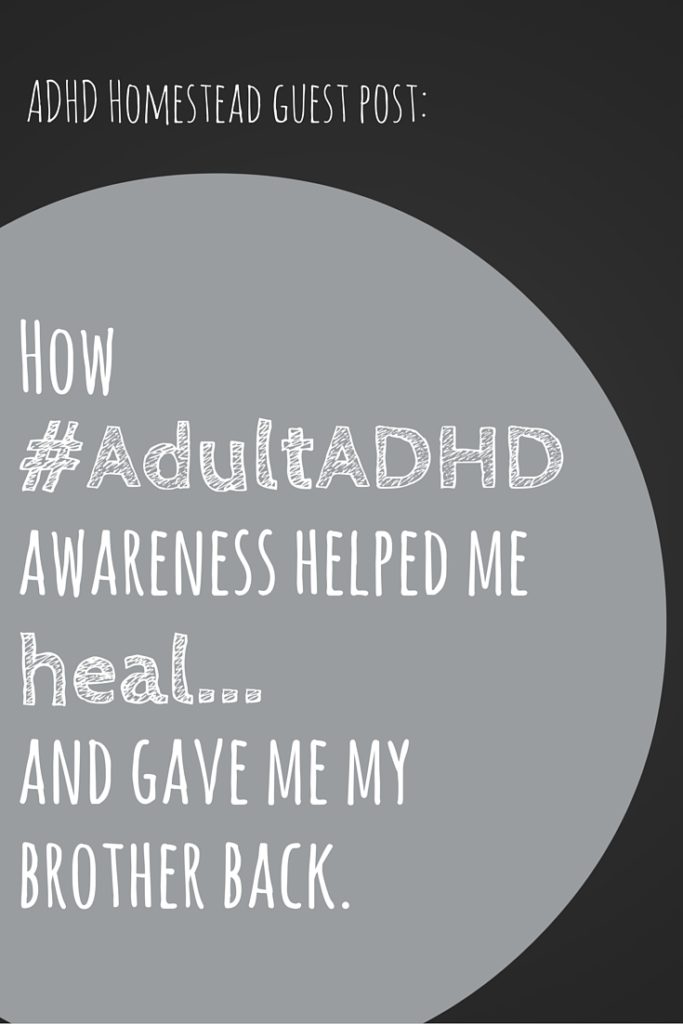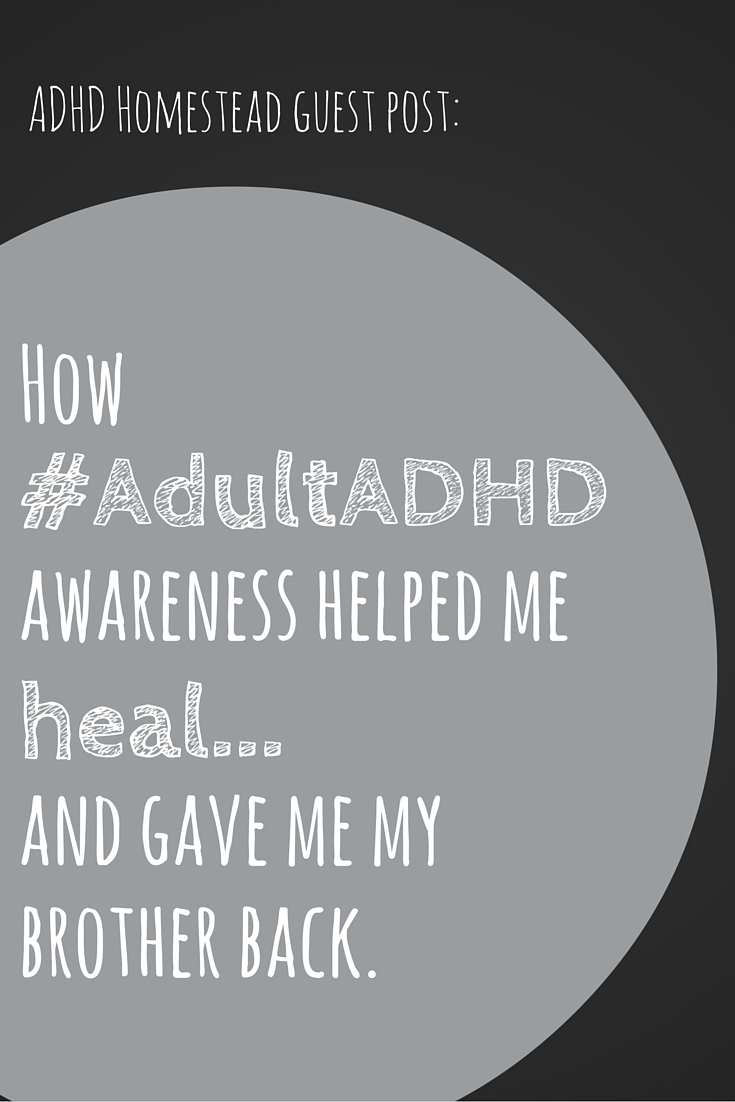About the author:
Michelle Diaz-Nanasca wrote theater and movie reviews for local newspapers while in high school. She majored in Literatures of the World at the University of California, San Diego. Since college, she has worked as an academic tutor and as a church secretary. Michelle is currently working on a children’s novel. Besides writing, she loves singing in her church’s choir, playing guitar, and playing board games with her husband of seven years, Ariel. The two of them run a YouTube channel called The Board Game Tutors, which features instructional videos on hobby board games.
It’s hard to believe, but a year ago, I knew almost nothing about ADHD. Discovering its presence in my life has led to an incredible amount of positive change.
 I’d suffered from anxiety off and on throughout my twenty-seven years. It was often social anxiety: worrying about how people perceived me, whether I seemed kind enough, whether I was a good enough friend. I also worried about stressful events that might happen in the future, and how I would handle them. Halfway through 2015, I noticed my anxiety becoming more debilitating.
I’d suffered from anxiety off and on throughout my twenty-seven years. It was often social anxiety: worrying about how people perceived me, whether I seemed kind enough, whether I was a good enough friend. I also worried about stressful events that might happen in the future, and how I would handle them. Halfway through 2015, I noticed my anxiety becoming more debilitating.
Then something amazing happened. I decided to text my brother. I’d heard that he’d struggled with anxiety, and made progress in coping with it. He’s only three years old than I, but it’d been years since I’d tried to have a close relationship with him. We grew up in a chaotic environment where it was difficult to develop a healthy relationship with anyone.
I didn’t feel like things had changed much between us. I was rather hesitant to share my emotional state with him, but I was running out of ideas.
Anxiety & ADHD: it runs in the family
My brother responded to my text right away with some quick, temporary advice. It was late in the evening, and we agreed to talk on the phone the next day.
The following afternoon, I told him about how tense I’d being feeling. I talked about my emotional sensitivity: if anyone corrected me, even in the most minor way, I would feel ultra-self-conscious. I’d be plagued by insecure thoughts for the remainder of the day, or even week.
He sympathized with me, and then he asked me questions. Whether I had many thoughts at once, and whether I had difficulty transitioning from one task or environment to the next. I said yes, absolutely. I had recently been thinking about the fact that I would have less anxiety if only I didn’t think so much.
Upon careful study, I’d observed that I was usually thinking about at least four things simultaneously: what I was doing now, some event that had happened earlier, something I thought might happen later, and whatever song was currently running through my head. It did seem rather odd that I could think about so many things at once, but how was I to know this wasn’t how everyone thought?
As for transitions, it was excruciating for me to give up an activity I was enjoying and move on to something else. I experienced this every Sunday when it was time to go home from church, knowing I would not return until the following weekend, which always felt like an eternity on Sunday afternoon.
My brother started telling me about ADHD, and how it can manifest much differently in girls. He said my mental hyperactivity was a strong indicator for ADHD, and that girls who did well in school, as I always had, often went undiagnosed because of subtle symptoms. He’d learned that his anxiety was closely linked to his previously-undiagnosed ADHD. He was thinking that I might have anxiety stemming from ADHD, too.
What he was explaining made sense, and perhaps even more convincing was his manner. He seemed so calm and mature—so changed. I could easily recognize how his journey into ADHD awareness had led to healing for him. He told me about exercising, eating healthily, meditating (especially), and looking into medication for ADHD. He also recommended a book for anxiety: When Panic Attacks, by cognitive-behavioral therapy pioneer David Burns.
Education & diagnosis bring hope
Greatly encouraged by discovering an explanation that drew my many struggles together, I began my own study of ADHD and how it affects my life. At the same time, with the help of When Panic Attacks, I began to get my anxiety under control. The book was an incredibly eye-opening read full of simple solutions and common sense. I would recommend its cognitive-behavioral therapy techniques to anyone who has struggled with anxiety or any emotional challenge.
It took several months to get approval for a psychiatric appointment, but, in late 2015, I was officially diagnosed with ADHD.
I’m so thankful to have learned about ADHD for two major reasons: First, because knowing the source of my challenges allows me to learn healthy ways to cope with them. Secondly, and perhaps more importantly, I am so thankful that ADHD awareness led to a relationship with my brother. He has become one of my best friends, something I never would have expected, and it came about because of our shared experience of learning to manage ADHD.
What about you? How has learning more about ADHD changed your life? Please share in the comments!
Hey there! Are you enjoying The ADHD Homestead?
Here's the thing: I don't like ads. I don't want to sell your attention to an advertising service run by the world's biggest data mining company. I also value my integrity and my readers' trust above all, which means I accept very few sponsorships/partnerships.
So I'm asking for your support directly. For the cost of one cup of coffee, you can help keep this site unbiased and ad-free.
Below you will find two buttons. The first lets you join our crew of Patreon pals and pledge monthly support for my work. Patrons also have access to my Audioblogs podcast. The second takes you to a simple donation page to pledge one-time or recurring support for The ADHD Homestead, no frills, no strings. Do whichever feels best for you!

